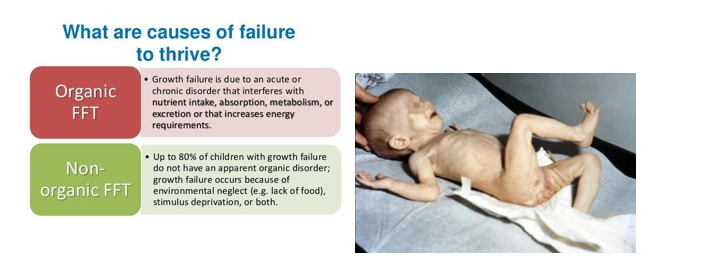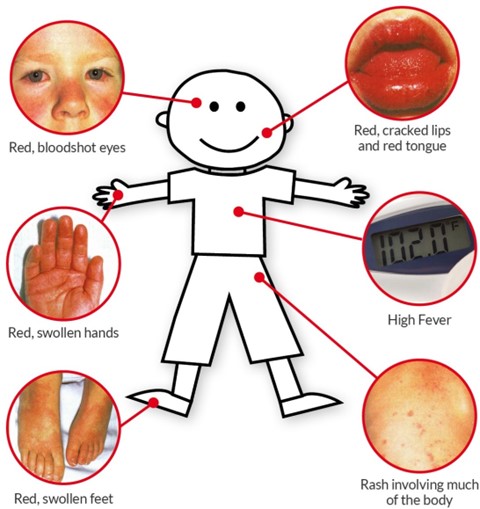The nurse is providing nutrition education to the parents of an infant with failure to thrive (FTT). Which statement made by the parent should the nurse recognize as an appropriate understanding of interventions?
Breast milk provides adequate calories for the child.
Regular syringe feedings promote rapid weight gain.
High-calorie formula encourages increased growth.
Fruit juice increases the child's daily vitamin intake.
The Correct Answer is C
The nurse should recognize that the statement "high-calorie formula encourages increased growth" is an appropriate understanding of interventions for an infant with FTT. High-calorie formula can help infants who are not gaining weight adequately to increase their calorie intake and promote growth.
Breast milk provides adequate nutrition for most infants, but in cases of FTT, the infant may require a higher calorie intake than breast milk can provide. Regular syringe feedings and fruit juice are not recommended interventions for FTT. Syringe feedings can cause aspiration and fruit juice does not provide the appropriate balance of nutrients needed for an infant's growth and development.

Nursing Test Bank
Naxlex Comprehensive Predictor Exams
Related Questions
Correct Answer is A
Explanation
Answer: A
Rationale:
(A) Repair should be done before the child is potty-trained: Surgical correction of hypospadias is typically recommended before the child reaches the age of 18 months, ideally between 6 and 12 months. This timing ensures that the child has not yet developed any psychological awareness of the surgery and helps avoid complications during toilet training. Repair before potty training is important to prevent urinary dysfunction and psychosocial issues.
(B) The urethral repair should be done after sexual maturity: Delaying surgical repair until after sexual maturity is not recommended. Early repair is crucial to ensure normal urinary and sexual function, and delaying it could lead to complications such as difficulty with urination and psychological distress.
(C) Surgery should be done by one month to prevent bladder infections: While preventing urinary tract infections is important, performing surgery as early as one month is not typically necessary or recommended. The optimal timing is closer to 6 to 12 months of age when the child is more resilient to surgery but still before the developmental milestones of potty training.
(D) Delaying the repair until school age reduces castration fears: Delaying the surgery until school age can actually increase psychological stress and fear of castration. Early surgical correction is preferred to minimize psychological impact and to allow the child to develop normally without the need for complex explanations or fear of surgery later in life.
Correct Answer is C
Explanation
The nurse should instruct the mother to place the child in a quiet environment first. Kawasaki disease is an illness that can cause inflammation in the blood vessels and can lead to symptoms such as irritability and skin peeling. Placing the child in a quiet environment can help reduce stimulation and promote rest, which can help improve the child's symptoms. The other options (A, B, and D) may also be helpful, but placing the child in a quiet environment is a key intervention in this situation.

Whether you are a student looking to ace your exams or a practicing nurse seeking to enhance your expertise , our nursing education contents will empower you with the confidence and competence to make a difference in the lives of patients and become a respected leader in the healthcare field.
Visit Naxlex, invest in your future and unlock endless possibilities with our unparalleled nursing education contents today
Report Wrong Answer on the Current Question
Do you disagree with the answer? If yes, what is your expected answer? Explain.
Kindly be descriptive with the issue you are facing.
